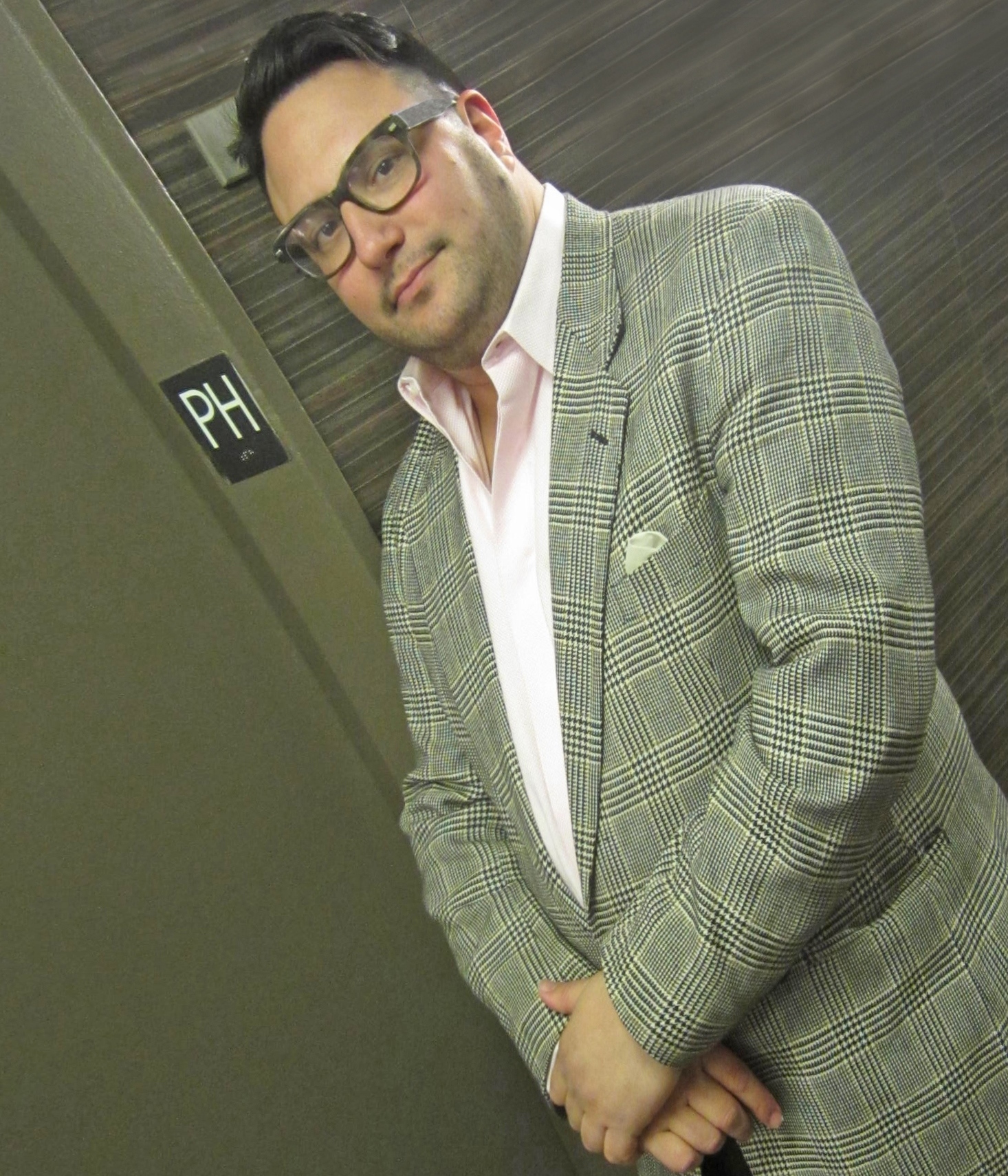
Here’s Why You Don’t Buy the Best House in the Neighborhood
When you’re house hunting, finding an amazing house in your location of choice that doesn’t require much additional investment seems like a huge score.
But is it really? Before making an offer on that picture-perfect home, take a look at the surrounding houses. If they’re all in disrepair—or just obviously less nice than the one you’re considering—you might be buying the most expensive house in the neighborhood.
Maybe that seems awesome because you’ll get bragging rights and price of place! But more than likely, it’s going to hurt you. Here’s why.
Someday you’ll need to sell it
When you’re in the throes of buying a home, it’s easy to forget that the place you’re busy buying will someday be the place you’re selling. And when it comes time to sell, unloading the priciest home on the block will be a challenge.
“A lot of buyers forget a home is an investment,” says Brendon DeSimone, a real estate expert and author of “Next Generation Real Estate.” “The world changes. Things happen fast. People transfer, people lose their jobs. Now imagine yourself as the seller of that home.”
So you’re hanging by a thread: As it is, someone might buy it—after all, you did—but there’s no way to increase your equity in the home. With your house already significantly nicer than its neighbors, any upgrades (however minor) will send it into the stratosphere. That quality mismatch between your home and the surrounding homes will lead most buyers to pass on it. If they’re going to spend that much money, why wouldn’t they buy a home in a more desirable neighborhood?
The best you can hope for is your home holding its value. The worst-case scenario: You can’t sell it.
“You can change your house, but you can’t change your location,” DeSimone says.
You need to leave room for improvement
As we said before, a home is an investment—and the best investments have the most room for improvement. Ideally, you’ll be adding to the home during your ownership, building equity in hopes of a payoff when you (eventually) sell.
That’s why DeSimone actually recommends buying the worst house in the best neighborhood. Yes, you read that correctly.
“You can add value on your own,” he says. “If you’re choosing between an awesome house in a crappy location or an awful house in a great location, I would choose the latter.”
Note that “improvement” doesn’t necessarily entail a complete renovation. Even the small changes that happen when you—a responsible person—move in will increase its value. We’re talking about things such as regular maintenance, refreshing the paint, and fixing the odds and ends that might go ignored by another occupant. But if your home is already priced well above the rest of the neighborhood, those tiny changes won’t make a lick of difference.
You can’t bet on the neighborhood to improve
If you’re buying the nicest house on the block hoping the neighborhood will improve, you’re putting a lot of stake in a volatile market—and you’re more likely to be disappointed (and possibly even go broke). Continue reading > > >
via Realtor

No Comments